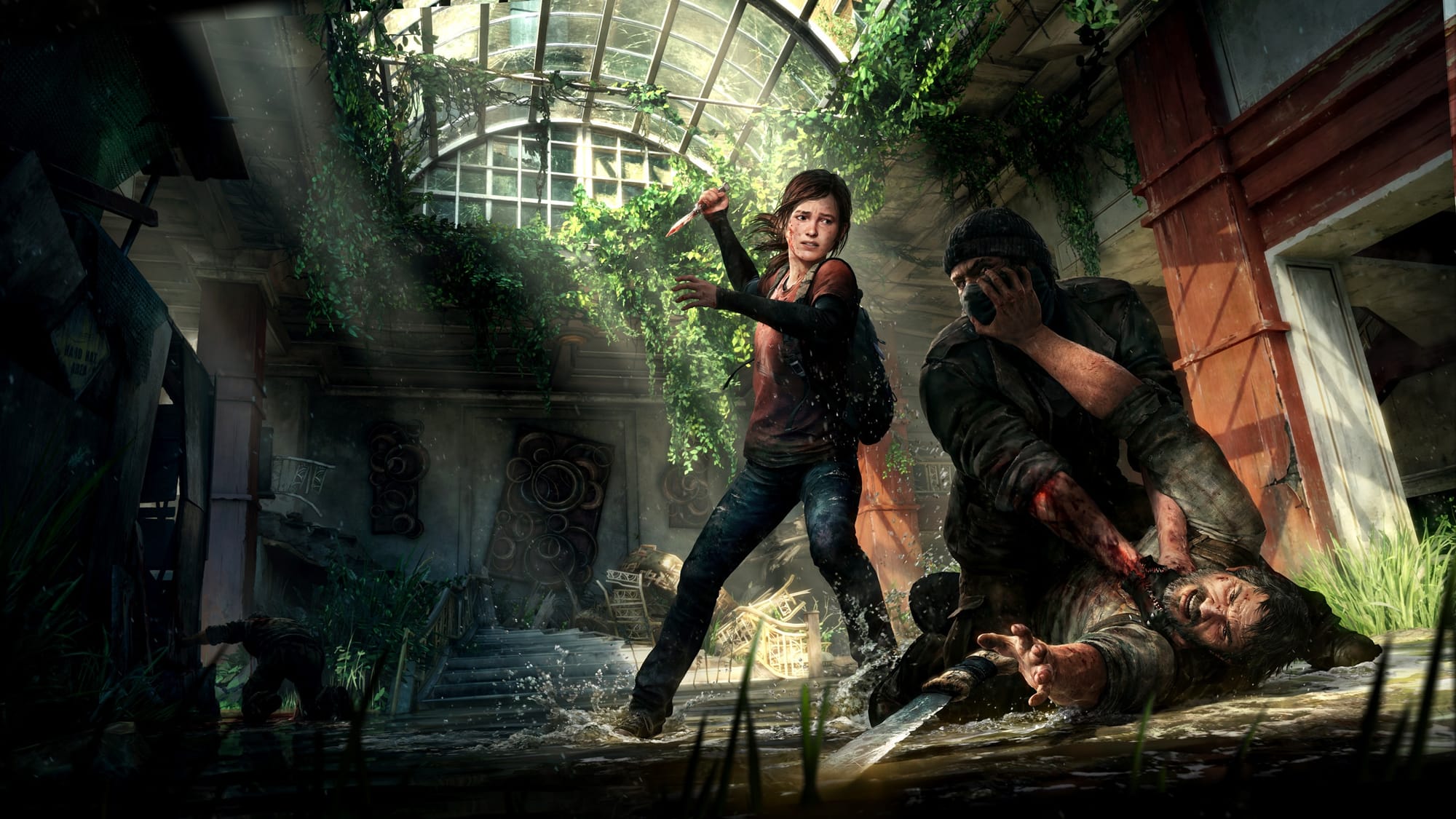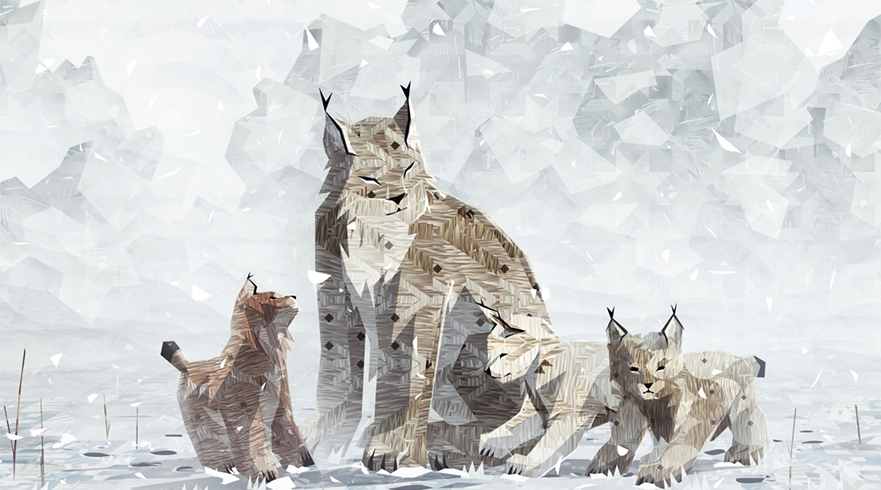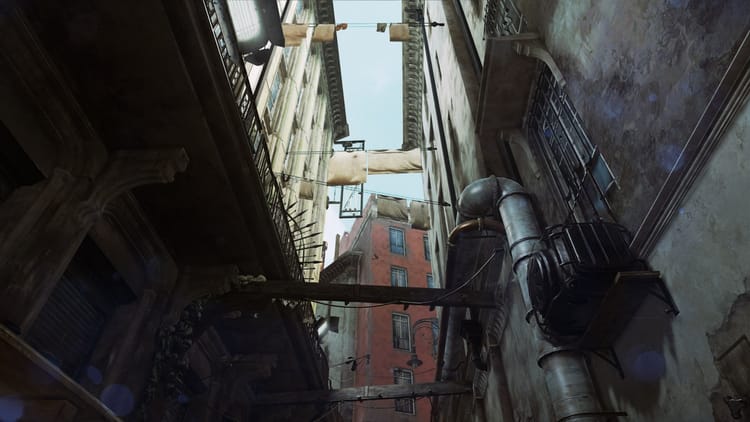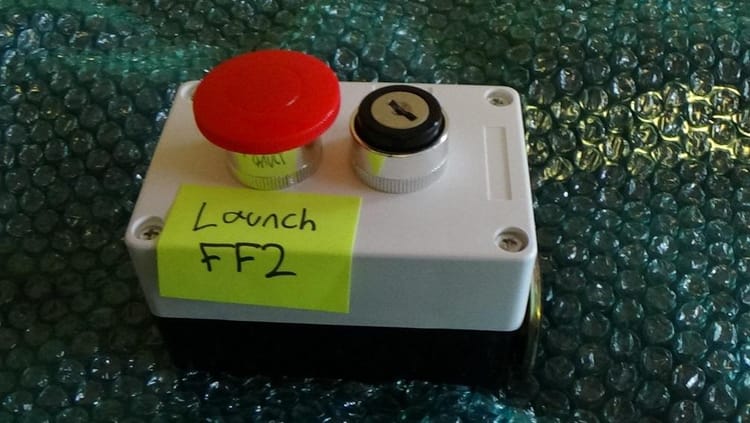The Year of Mom

It begins with her. Whether the birth of a nation or your own life, it all began with her. Inside her, existence takes shape. Outside her, the shape of her existence is forgotten. As American poet and feminist Adrienne Rich says, “Life on the planet is born of woman.” Yet, somehow, the begetter of planet Earth has been all but cursorily kept out of humanity’s central myths, social structures, and ideologies.
In Of Woman Born: Motherhood as Experience and Institution, Rich weaves autobiography with literary and historical research to paint a universal portrait of motherhood as it exists under patriarchy. Rich defines patriarchy as “the power of the fathers: a familial-social, ideological, political system in which men—by force, direct pressure, or through ritual, law, and language, customs, etiquette, education, and the division of labor, determine what part women shall or shall not play, and in which the female is everywhere subsumed under the male.”
“Life on the planet is born of woman.”
It is no wonder, then, why motherhood is often kept out of the creation, consumption, and conceptualization of popular culture. A society ruled by the Kingdom of Fathers, as Rich describes, relies on the devaluing of motherhood while also simultaneously tasking motherhood with the most invaluable work on the planet. A mother’s reward for breeding humanity is exclusion, marginalization, and disregard. At most, motherhood appears in popular culture as a concept: a perfect, selfless mirage or a horrid, selfish monster. Her story is never told in full: from her exclusion in something as silly as #dadbods, to the continued absence of significant maternal stories in mainstream videogames, TV shows, and films, patriarchy puts the mother in opposition to pop culture—after all there’s no quicker way to kill a trend than to see your mom do it, right?
However, 2015 revealed glimpses of the mother’s elusive profile. Shows like Jane the Virgin and The Mindy Project, for one, broke the cardinal rule of motherhood on television by actually showing the aftermath of a character’s pregnancy for longer than a Christmas special. And even more taboo, Jane the Virgin places central narrative importance on not only the child, but the experience of the mother as she struggles to live up to her notion of motherhood.
Yet despite its unabashedly frank (and notably entertaining) depiction of such things as “pumping and dumping” (which is when a new mother who drinks alcohol must “pump and dump” her breastmilk so as not to booze up her newborn) even Jane the Virgin falls prey to what Adrienne Rich would call the institution of motherhood: a definition of the maternal that relies on inhuman selflessness.

In the the institutionalization of motherhood under the power of the fathers, the female body becomes “both territory and machine, virgin wilderness to be exploited and assembly-line turning out life.” Women are considered reproductive factories in the Kingdom of Fathers, valued for their uterus and discarded once it is used to house and raise the father’s offspring. More than just co-opting the female body to perpetuate the very system that oppresses it, patriarchy fundamentally devalues the very definitions of motherhood that it fabricates. Patriarchy dictates that mothers must raise children, but in patriarchal society, that human life carries little value. The Kingdom of Fathers may feign a respect for human life but, “women, upon whom most of the burden of respect for life has been placed, know that it does not. We know too much at firsthand about the violence… which over centuries we have been told is the way of the world, but which [women] exist to mitigate and assuage.”
In a patriarchy, mothers must be viewed as a singular force with a singular function. Take, for example, the fleeting yet impactful role of the wildling Karsi in the “Hardhome” episode on this past season of HBO’s Game of Thrones. Karsi is defined, from start to finish, by her motherhood. She aligns herself with her enemy Jon Snow in order to save her two daughters, and then dies at the hands of tiny zombie Walker children because…. motherhood? Karsi’s death sequence, in which she finds herself incapable of fighting against rotting zombies because they take the form of children, perpetuates the curious assumption that a mother’s instinct—even a tough wildling mother—outweighs her primal need to survive. Yet, as Bianca Batti of Not Yo Mama’s Gamer points out, Karsi’s death isn’t even a logical depiction of the self-sacrificing mother because, “if such a maternal instinct is at play here, wouldn’t it cause [Karsi] to fight that much harder to get back to her children?” Regardless, like so many others, Karsi serves her purpose in the story before being unceremoniously murdered out of the plot. She is remembered, not as a person, but as Wildling Mom #4.
engage with each individual enemy on a human level
The oversimplifying motivations of institutionalized motherhood litter the rest of Game of Thrones, too, with nearly every major mother figure being defined by her willingness to sacrifice herself for her children. Meanwhile, the fathers are allowed to share selfish, misguided, complicated, and often even contradictory relationships with those same children. But the mothers are just that: the concept of a biological instinct first, a human being with complex emotions second.
It certainly isn’t just Game of Thrones, either. In fact, you’ll be hard pressed to find nonbinary portraits of motherhood in any popular medium. In videogames, however, the pattern is particularly gross. As Bianca Batti and Ashe Samuals from Femhype point out, moms appear more useful to videogames as plot devices than as actual characters. Like many other female characters, the mother’s death or absence serves as motivation for the (usually male) protagonist. From God of War to Mother 3, Among the Sleep to Animal Crossing, mothers are addressed as caricatures of compassion or neglect; either Good Mom or Bad Mom, but removed from the story nonetheless. As Batti from Not Yo Mama’s Gamer writes, in “both constructions of either mother-as-victim or mother-as-monster, the mother is the object of the protagonist’s action—be the action one of seeking to reunite with the victimized mother or seeking to push the monstrous mother away—and not the performer of action. She is an object, not a subject.”
While mothers are busy getting refrigerated, there’s no shortage of videogame dads who capture the multiplicity of a three dimensional human being. Critics typically reference obviously dadified titles like The Last of Us, The Walking Dead, and BioShock: Infinite—all of which feature characters who find purpose and power in fatherhood rather than passive absence. But, in truth, dadification runs much deeper than just the many game plots that focus on paternal relationships. In fact, the list of paternal videogames is about as long as the list of videogames that exist overall.

Adrienne Rich says that the shift toward patriarchy in human consciousness happened the moment the father realized that the child the woman gave birth to was not a gift from nature, but in fact his own offspring, who could “make him immortal, both mystically, by propitiating the gods with prayers and sacrifices when he is dead, and concretely, by receiving the patrimony from him. At this crossroads of sexual possession, property ownership, and the desire to transcend death, developed the institution we know: the present-day patriarchal family with its supernaturalizing of the penis, its division of labor by gender, it’s emotional, physical, and material possessiveness.”
The dadification of games took place long before fatherhood became the focus of a few “gritty” big-budget titles. As an echo of our culture, the paternal mentality has defined videogames for most (if not all) of the medium’s existence: from Space Invaders to Pac-Man, the notion of protecting your territory, conquering death through iteration, and measuring success through monetary gain birthed the medium, and continues to dominate game design to this day. By and large, the language of Game Overs and leveling up through violence subsists on the values of patriarchy. Aside from just the obvious lack of mother-centric stories, paternal biases define what we’ve come to expect of games as players, critics, and creators. Like the male gaze informing so many shots in film, our culture has tailored the container of a videogame to only fit male content.
In the margins of the debate on what constitutes a videogame and what doesn’t, you will find some vague and ill-defined notion of what maternal gameplay looks like. I don’t think we’ve ever seen the true shape of a maternal videogame, but I definitely know what it is not. In Spike Jonze’s Her, a film which understands videogames on a level few others even bother trying to, the protagonist’s female friend is in the midst of developing a videogame called Perfect Mom. In the scene where she finally reveals Perfect Mom, we are shown a woman being rewarded and punished for how well she performs domestic tasks. The player-character is awarded 30 points for pouring cereal into a bowl. Meanwhile, when her health bar runs low, it warns that she is “being neglectful” and subtracts 200 points for the oversight.
What would a truly maternal videogame look like?
Jonze spends a lot of time grounding the futuristic society of Her in the same cultural problems we face today. Sure, this society has surpassed singularity. But it still exists under a patriarchy, and technological advancements don’t solve the deep-rooted power struggles that come with it. Perfect Mom is a subtle reminder of that. Because while robots may have advanced enough to feel love in Her, motherhood—in all its primordial splendor—continues to be devalued through its invaluableness.
So we return to the million dollar question: what would a truly maternal videogame look like? You could say Cooking Mama or, if you’re feeling particularly asinine, Metroid. But a videogame truly born of woman would necessarily negate each and every unexplored assumption that persists in the vocabulary of domination, property, possession, and—by extension—misogyny. And while we may be incapable of understanding what that kind of uncorrupted experience of motherhood would be like—let alone what videogame momification might play like—one game released this year has come closest to doing just that.
There’s no doubt that Toby Fox’s Undertale relies on the inhumanly selfless portrait of motherhood, but it does so with a purpose (warning that spoilers abound for the game). Early on, after the player-character accidentally falls into the monster world, you meet a momish character named Toriel. Toriel wishes to protect your from all the harm human children face in the monster world, and teaches you that, when you meet a foe, you will have the option to fight (and gain experience points) or to show them mercy by figuring out a narrative puzzle that sorts out that foe’s issues. But the real catch of this revolutionary kind of anti-combat system comes midway through the game, when you are forced to fight Toriel herself as she stands in the way of your progress. Toriel has watched several human children die at the hands of the monster king, Asgore, who seeks revenge on the human world for trapping the monsters underground. She refuses to let you continue in fear that you will die at the king’s hand, and you in turn are left with a crucial choice.
–

The battle with Toriel is a long and arduous one if you choose to not attack her. Showing her mercy requires you to repeat the same difficult process over and over again, probably dying often, which only extends the battle even longer. Throughout, there is no indication that your non-lethal tactics are even working, causing many players to give up and just kill her. You murder Toriel because you don’t know what else to do—because it appears to be your only option. You murder Toriel because the Kingdom of Fathers has defined videogames through the language of gaining power at the expense of the mother. Later on, you learn that Toriel once ruled the monster world alongside Asgore. But when the king began to murder human children, Toriel gave up her crown and cast herself into the Ruins, dedicating the rest of her life to saving humanity.
Most players kill Toriel on their first playthrough, even if they’re aware of the game’s morality system. But this choice, rather than serving as a reflection of the player’s lack of moral fiber, instead holds the mirror up to videogames themselves. This, Undertale says, is the kind of player patriarchal game design produces: impatient, quick to quit, and more than willing to sacrifice their own mother and humanity in the name of…what, even? Progress? A positive feedback loop? This vague and arguably meaningless concept of “leveling up” through “experience points”—whatever the fuck that even means in this context?
Undertale does more than just criticize paternal game design, though. It presents the beginning of a solution. Instead of relying on an abstract system of damage and violence to resolve every single combative interaction the player encounters, Undertale gives you the chance to engage with each individual enemy on a human level. If you choose, you can pay attention to what they say: to their wants, needs, and experiences in order to win. Arguably, doing that even makes for a much better game. This kind of game design also thinks more of a you as a player, intellectually-speaking, than the kind of game that names you king for pressing a button faster than another person. Undertale’s game design not only respects your ability to think through a problem, but also your basic instincts as a human being.
Undertale does more than just criticize paternal game design
Which brings us back to the other million dollar question: why, despite all logic, is motherhood considered too boring, lame, or otherwise undeserving of its own explorations in pop culture, particularly videogames? Publishers literally throw money at designers who want to create a game about a violent paternal journey. But titles like Might and Delight’s Shelter and Shelter 2—which casts the player as a mother in the animal kingdom—are forced to subsist on meagre funds. But what makes one gender’s system of motivations and instincts more interesting or valuable or even “game-y” than the other? Why is destruction inherently more “fun” than creation? Because, from where I’m standing, motherhood should, by all logic and definition, be seen as the ultimate experience of empowerment. As anyone who has birthed a project—from a novel to a building to a business to a videogame—can attest to, you must endure a long and difficult gestation period before you produce work that you can feel truly proud of. So imagine that, but in the creation of a human person. Now imagine that, but as the guiding principle of game design.
As games like Undertale show, maternal game design isn’t just about telling worthwhile yet disregarded stories. The popularity of paternal game design is indicative of deeper issues, ranging from how we as a society measure success and who and what our laws protect. But one thing is clear. As Rich says, “the mother’s battle for her child with sickness, with poverty, with war, with all the forces of exploitation and callousness that cheapen human life needs to become a common human battle, waged in love and in the passion for survival.”

It is difficult for a society that favors consumer ideals above all else to imagine a world truly born of woman. But “the repossession by women of our bodies will bring far more essential change to human society than the seizing of the means of production by workers.” We must try to imagine, not just for the sake of the women who we sacrifice daily in the name of conquest and power. But because everything flourishes in a world where mothers–begetters of planet Earth—reclaim their own identities and bodies. “In such a world women will truly create new life, bringing forth not only children (if and as we choose) but the visions, and the thinking, necessary to sustain, console, and alter human existence—a new relationship to the universe. Sexuality, politics, intelligence, power, motherhood, work, community, intimacy will develop new meanings; thinking itself will be transformed. This is where we have to begin.”
After decades of paternal game design, I am eager to unleash the potential of videogames born of woman. Motherhood deserves more than a cursory glance, and play deserves the benefits of creation instead of destruction. If and when that will happen, no one can say. But in 2015, we captured a glimpse of what fruit it can bear.



